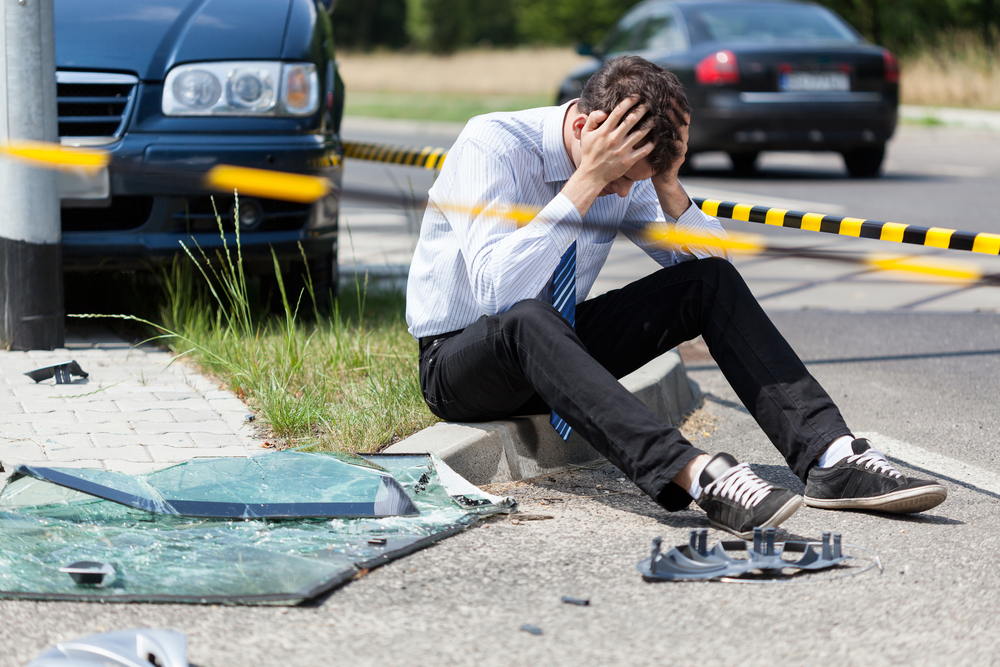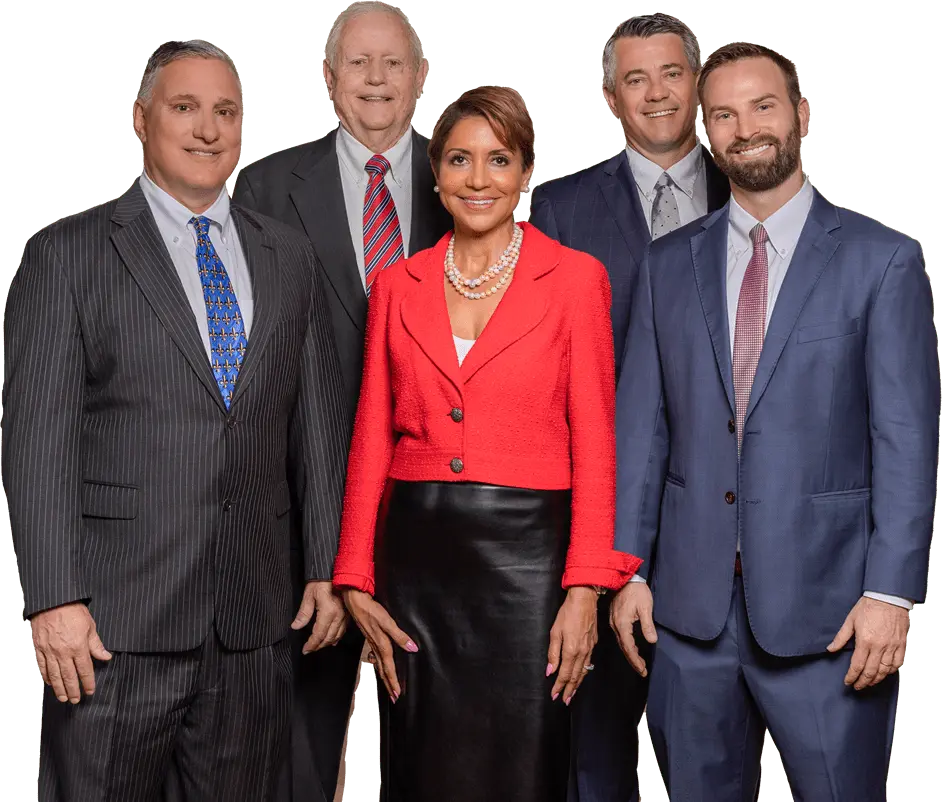
Everyone who ventures onto the roadways in Louisiana knows there is always a risk of being involved in a car accident. This is not unique to Louisiana, it is a nationwide issue. Unfortunately, this nationwide issue takes a staggering toll on residents of Louisiana — we rank 7th in the nation for the deadliest roads in the United States. Sadly, our fatality rates continue to rise, and they have continued to increase annually for at least the last decade.
When reviewing the LSU Data Reports, one will find an overview of traffic fatalities for the last five years. While data for 2020 is not currently complete, it is estimated we will see the continuing upward trend in fatalities on Louisiana roadways. The data does show a modest decrease during 2019, but an overall projection of a significant increase during 2020. One must review other sources of data to determine which roads are the deadliest.
There are numerous sites which offer insights into roadways but one of the most comprehensive is offered by Safer America. Their most recent report was published in 2019 and was based on data compiled from 2015 to 2017. Here’s what it shows in terms of the top 10 deadliest roads in Louisiana
Safer America, an organization dedicated to gathering and sharing consumer safety information, recently completed a study of the most dangerous roads in Louisiana based on the number of recorded fatalities between 2015-2017.
In total, the number of accidents which are reflected in these fatalities 457. For most residents of Louisiana, it probably does not come as a surprise to learn that of those 457 accidents, 121 occurred on I-10, one of the busiest roadways in the state. Remember, this road connects some of our biggest areas, specifically Lake Charles, Lafayette, Baton Rouge, and New Orleans. Additionally, this is the roadway which connects Louisiana to Texas, and Mississippi.
The leading cause of fatal accidents in Louisiana is intoxication. There are some frightening statistics which indicate some of these fatalities could have been avoided. Some concerning numbers provided by the Louisiana Highway Safety Commission include:

You might be shocked to learn that we are home to slightly fewer than 3.5 million licensed drivers in Louisiana. However, you should also be aware that we also have more than 53 million annual visitors, more than 18 million of whom visit New Orleans. Drivers should also be aware there is no single roadway, which is exempt from fatalities, although state roads do have the highest percentage. According to LSUs CARTS program, here is the breakdown of fatalities by road type:
These stats probably do not come as any big surprise to anyone who has read the Shreveport Times article “Why Louisiana has some of the worst roads in the country and what can be done about it” published in late 2019.
One of the things which often gets lost in statistics is the humanity. Each reported fatality is a person. Each person is a member of a family — parents, siblings, spouses, and children. Each fatality represents a person who worked or attends school in Louisiana creating a second family of sorts. We must never lose sight of the trauma of losing a loved one in a fatal accident on Louisiana roadways. In some cases, a family member may consider filing a wrongful death lawsuit against the party responsible for their loss.
Before a wrongful death claim can be filed, fault must first be established. Louisiana requires all registered vehicles to have a minimum of $15,000 for bodily injury coverage, $30,000 coverage per accident, and $25,000 in coverage for property damage. There is always a chance this coverage may not come near to covering the financial costs of losing a loved one. This is why a wrongful death lawsuit may be the only option a family may have available to them.
Wrongful death claims may only be filed for one year following death and may be filed by surviving family members. In the event the driver who is responsible for the accident is facing criminal charges, it is important to remember you do not have to wait until those charges are brought or tried before filing a lawsuit. While a guilty finding may strengthen your case, a not-guilty finding may not have a negative impact on a personal injury case either. This is because a civil case — which is what a wrongful death case is — has a much lower burden of proof than a criminal case.

Everyone knows there is no amount of money which can ever make up for the unexpected loss of a loved one. However, families will suffer financially following a car accident which results in a fatality. A wrongful death suit can help you recover some of the following economic losses:
There may also be non-economic losses which can be included in a wrongful death lawsuit which you should discuss with an attorney.
One concern families often have following the death of a loved one in a fatal car accident is the affordability of an attorney. You should be aware you can schedule a free consultation and when you decide to work with an experienced Louisiana personal injury attorney you will not pay any legal fees until such time as they are successful in obtaining a settlement on your behalf. Any legal fees collected come from the final settlement we are able to obtain for you. We will be happy to discuss this with you during our consultation.
If you have lost a loved one on one of the most dangerous roads in Louisiana, contact the Charbonnet Law Firm, LLC at our New Orleans office at (504) 294-3910 or our Metairie office at (504) 294-3910 today for a free consultation. We will let you know what options you have and help you recover financially. With more than five decades of representing families across the state, you can count on us to devote the time and resources necessary to make sure you and your family do not suffer financially after losing a loved one due to someone’s negligent behavior on our roadways.

With over 50 years of legal experience serving families in the New Orleans area and surrounding Louisiana communities, our firm takes pride in providing clients with personalized legal services tailored to individual needs.